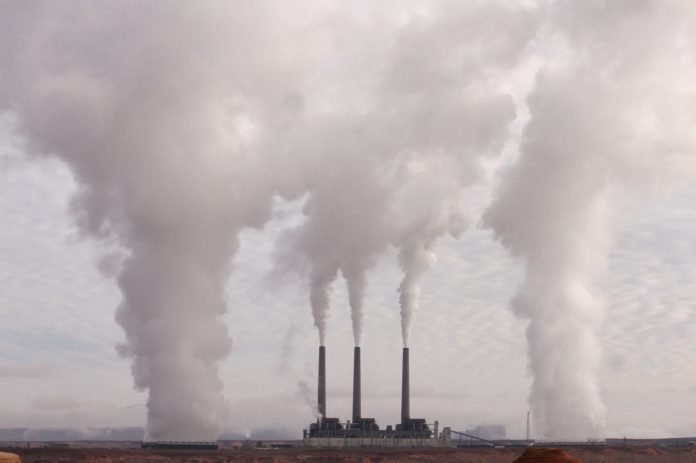Eindhoven is currently failing in its attempt to reduce CO2 emissions from road traffic.
The municipality set a goal for considerable reductions in 2015, however traffic in the city has produced only increased CO2 since then.
Part of the strategy involved a push towards electric vehicles, with the municipality aiming to have 8000 electric cars registered by the end of 2020. Currently that number is around 2000.
Besides cars, 70% of taxis and buses should also be electric-powered by the end of next year. This is also looking increasingly unlikely, with only 1% of taxis and 25% of buses currently using electric.
Climate and Energy Councillor Rik Thijs pointed to a number of explanations for the disappointing figures. “Eindhoven has grown, and that means more traffic on the road, and therefore more CO2 emissions.”
The councillor added that radical changes would be necessary for the city to meet its ambitions. “There must be more charging points for electric cars. The city center must become emission-free: car-free, exhaust gas-free. We also want to tighten the environmental zone.”
“The next 10 years will be crucial in achieving real progress towards a sustainable Eindhoven, with significantly reduced CO2 emissions”, says Thijs. “For this, we need the help of the central government, Brussels, companies, housing associations, and knowledge institutions such as the TU/e. We can’t possibly finance this alone. Just making our many thousands of residential houses emission-free requires an investment of €1.4b. That’s why we want to draw up a local climate agreement with all the involved parties before next summer.”
Source: Studio040
Translation: Nicola W
















